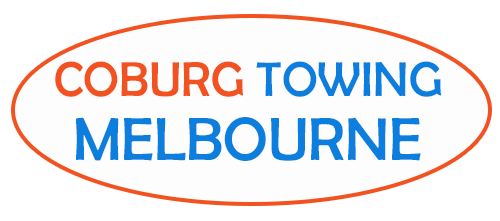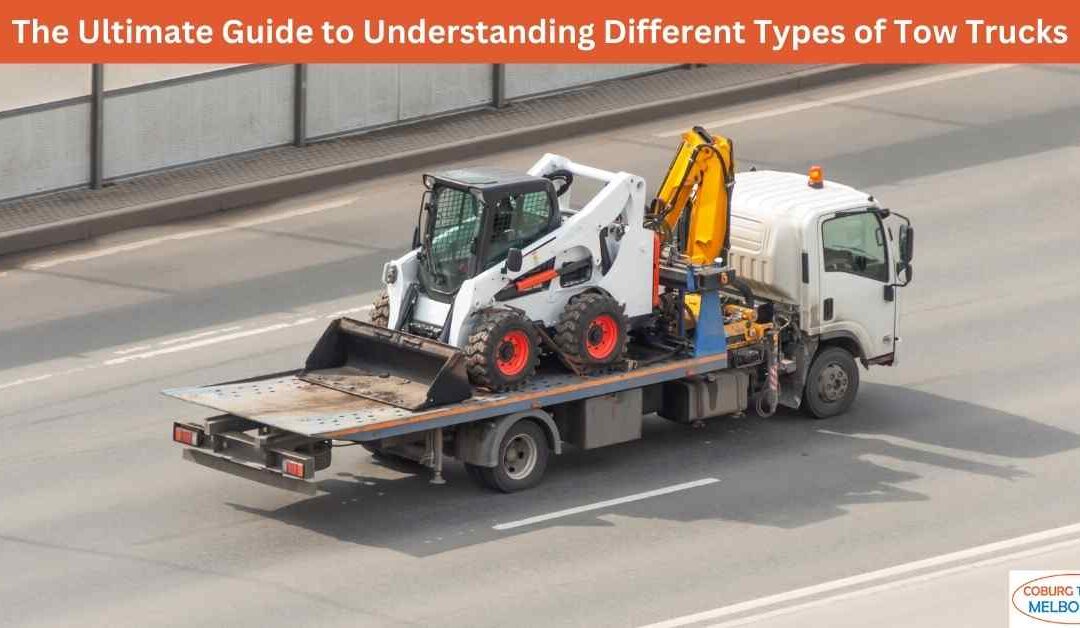Tow trucks are the unsung heroes of the road, ready to rescue vehicles in distress at any hour of the day. But did you know that not all tow trucks are created equal? Each type serves a unique purpose, tailored to handle diverse situations efficiently. Understanding the various types of tow trucks can provide insight into their capabilities and how they cater to different towing needs. Let’s explore the diverse fleet of tow trucks and their functionalities.
1. Flatbed Tow Trucks
Flatbed tow trucks feature a flat platform that hydraulically tilts and lowers to the ground. They are ideal for transporting vehicles that cannot be towed conventionally, such as luxury cars, classic vehicles, or those with severe damage. Their flat platform ensures the vehicle being towed remains stable and secure during transport.
2. Hook and Chain Tow Trucks
Traditional hook and chain tow trucks are recognizable by their chains that loop around the vehicle’s frame or axle. While effective for transporting severely damaged or non-drivable vehicles, they are less commonly used today due to the potential for causing damage to the towed vehicle’s frame.
3. Wheel-Lift Tow Trucks
Similar to hook and chain tow trucks, wheel-lift tow trucks use a metal yoke to lift the vehicle by its wheels. They are more versatile and cause less potential damage to the towed vehicle compared to hook and chain trucks. Wheel-lift tow trucks are commonly used for towing cars and smaller vehicles.
4. Integrated Tow Trucks
Integrated tow trucks, also known as self-loaders or repo trucks, feature a boom and wheel-lift mechanism that is integrated into the truck itself. These versatile trucks are often used for towing illegally parked cars, recovery operations, or transporting multiple vehicles simultaneously.
5. Heavy-Duty Tow Trucks
Designed for heavy lifting, these trucks are the workhorses of the towing industry. Equipped with powerful winches and a sturdy construction, heavy-duty tow trucks are used for towing large vehicles like buses, RVs, and commercial trucks. They often feature multiple axles for added stability and strength.
6. Rotator Tow Trucks
Rotator tow trucks are the pinnacle of towing technology. They come with a rotating crane-like apparatus mounted on the truck’s chassis, offering unparalleled flexibility and lifting capabilities. Rotators excel in recovering overturned vehicles, heavy lifting, and intricate recovery operations.
7. Recovery Tow Trucks
Primarily used for recovery operations, these specialized trucks are equipped with a boom and winch system. They are designed to handle intricate recovery tasks, such as uprighting overturned vehicles or retrieving vehicles from precarious situations like ditches or embankments.
8. Multi-Car Carrier Trucks
Also known as car carriers or rollback trucks, these tow trucks feature a hydraulic bed that can be inclined to ground level for easy loading and unloading. They are commonly used for transporting multiple vehicles simultaneously, making them ideal for dealerships, auctions, or long-distance vehicle transport.
Understanding these different types of tow trucks can help you appreciate the complexity of the towing industry and the specialized equipment required for various towing scenarios. Whether it’s a compact car or a heavy-duty commercial vehicle, knowing which tow truck is best suited for the job ensures a safe and efficient towing experience. The next time you see a tow truck on the road, you’ll have a newfound appreciation for the specialized roles they play in keeping our roads safe and vehicles moving.
If you are in Northcote, Victoria 3070, and looking for an emergency tow truck service or roadside assistance Melbourne service, this is the best way to visit us.
Coburg Towing Melbourne
31 Cameron St, Coburg VIC 3058


Recent Comments